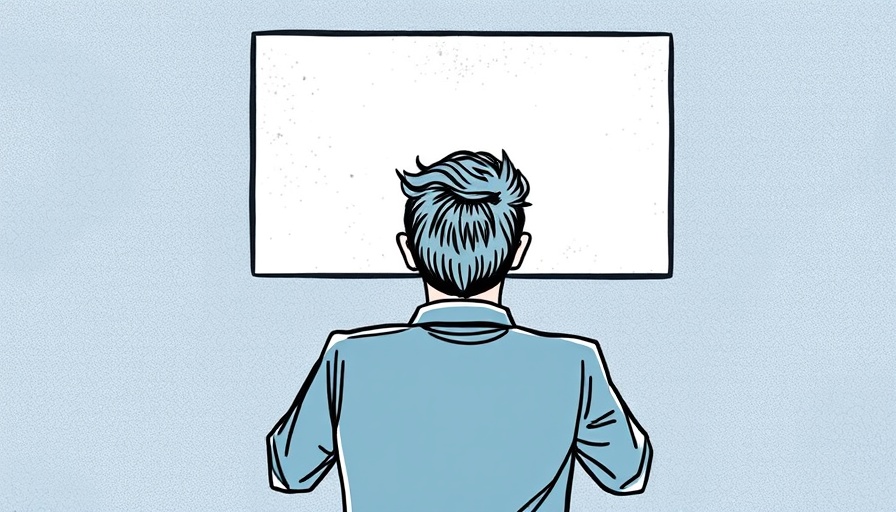
The Pitfalls of Playing It Too Safe at Work
In today’s rapidly changing corporate landscape, the need for innovation and creative thinking has never been more critical. Leaders frequently aim to build organizations that mirror the explosive success of rockets, aspiring to launch high-impact projects and initiatives. However, the danger lies in fostering an environment where everyone gets along too harmoniously without letting in the sparks of “disruptive” ideas.
Why Creativity Is Essential
Companies that lean towards a play-it-safe culture often miss opportunities for growth. Just as a rocket requires precise fuel mixtures to harness its explosive capabilities, organizations need to incorporate the “Rare Breeds”—those talented individuals known for their unconventional thinking. These outliers bring the creative tension necessary for change, pushing organizations past stagnant norms.
The Role of Inclusive Leadership
Inclusive leadership is essential for driving workplace culture transformations. By empowering diverse viewpoints, leaders can cultivate an environment where innovative ideas are shared and considered. Establishing this culture boosts employee trust and fosters collaboration, which is vital in our current hybrid workforce scenario.
Learning from VUCA
VUCA, which stands for volatility, uncertainty, complexity, and ambiguity, has become more than a military acronym; it’s a reality in business today. Companies must navigate this chaotic landscape by embracing risk and uncertainty. This involves not just welcoming challenging perspectives but actively soliciting them. Leaders who arm themselves with the ability to manage these challenges will carry their teams towards both organizational resilience and success.
Future Insights on Workplace Evolution
As we move deeper into the post-pandemic era, the dynamics of work continue to shift. Companies that adapt by ensuring they are agile in their change management practices will set themselves apart. Emphasizing a culture that embraces creative discomfort can lead to breakthroughs in problem-solving and innovation. Leaders must prioritize this balance between psychological safety and the willingness to challenge the status quo to thrive.
Ultimately, embracing the duality of an open yet challenging workplace environment is not just about achieving short-term gains. It’s about laying the groundwork for a sustained culture of change, innovation, and growth. Leaders are called to harness the dynamic energies at play, empowering teams to venture into unchartered territories.
By taking these insights into consideration, you can cultivate a workplace that balances harmony with the creative tension necessary for innovation. Let’s not settle for simply getting along; let’s aim for greatness through collaboration and creative exploration.
 Add Row
Add Row  Add
Add 




Write A Comment